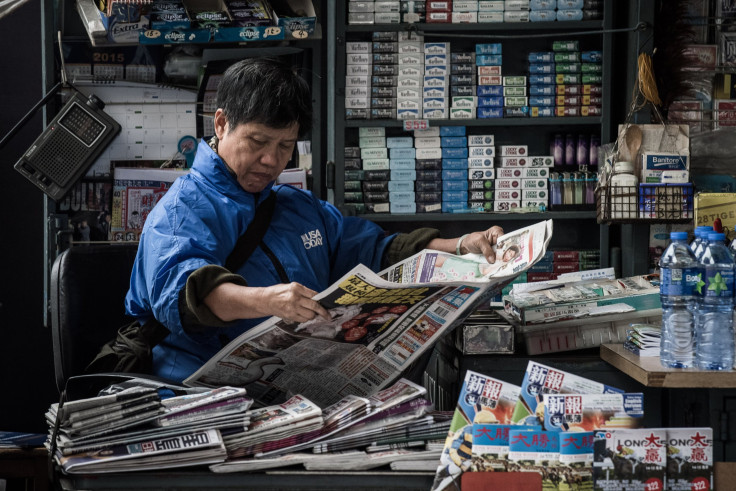Women Largely Absent From Global News Coverage, New Report Finds

If you've read, watched or listened to a news story recently, you probably didn't see too many women quoted, if at all. Read the news everyday and you might even start to think that they don’t exist.
That’s because women make up only 24 percent of the people quoted in newspaper, television and radio news--the exact same percent as 2010, according to the 2015 Global Media Monitoring Project report.
The nonreligious, nonpartisan study analyzed over 22,000 media reports from around the U.S. and around the world. The report is by The World Association of Christian Communications in partnership with the United Nations.
The gender gap is widest in government and political news and has increased in recent years. So far in 2015, women account for only 16 percent of people sourced in political stories. This is a decrease of three percentage points from 2010.
“These findings don’t surprise me,” Mary Beltrán, a University of Texas at Austin media professor, said. “I’m afraid they illustrate that women are still often not seen as makers of history or authorities on history and current events to the same degree as men.”
Female experts quoted in news articles are almost a rarity. Only 19 percent of all experts sourced are women, according to the report.
The United States has a slightly higher percentage of expert sources who are women, but the numbers are still very low. In the U.S., women are 36 percent of people interviewed as experts on a topic, up from about twenty percent in 2000, Sarah Macharia, a coordinator of the report, told International Business Times.
Only one out of every five spokespersons quoted in the news are women, the study showed.
“The prevalence of studies, reports and personal accounts of women being overlooked, both in coverage by the news and reporting on the news, adds weight to what half the world’s population has felt and seen for decades,” Kristen Welch, the Alliance for Women in Media board of directors chair and senior vice president of global content operations at Discovery Communications, said.
© Copyright IBTimes 2025. All rights reserved.





















